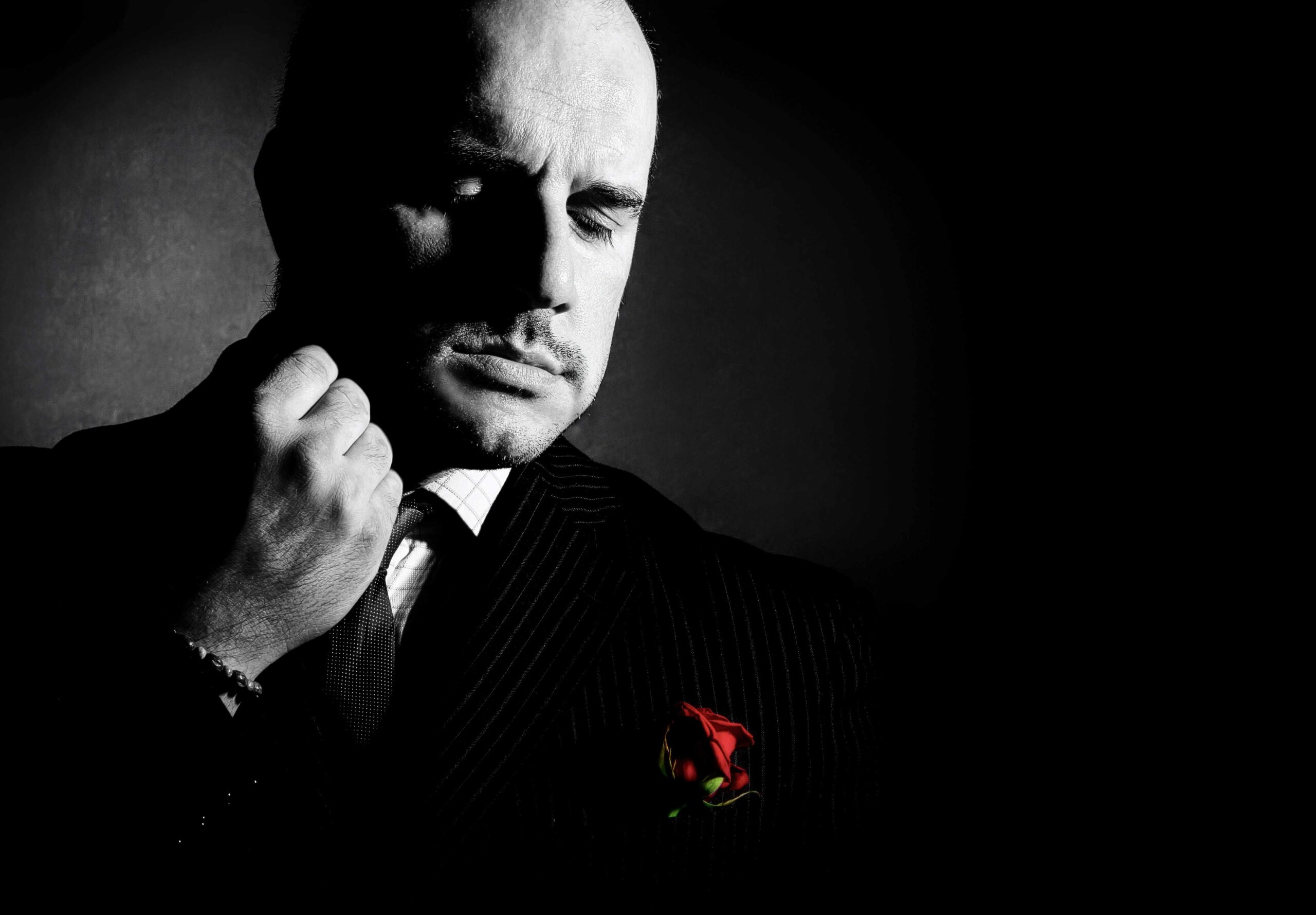
Read: 1 Kings 2
Therefore do not hold him guiltless, for you are a wise man; you will know what you ought to do to him, and you must bring his gray head down with blood to Sheol (1 Kings 2:9, NRSV).
If the only stories you know about David involve harps, shepherds, or smooth stones, David’s deathbed scene is going to come as a bit of a shock.
It starts out like you might expect with pious words spoken to his son and successor, Solomon. David says, “I am about to go the way of all the earth. Be strong, be courageous, and keep the charge of the LORD your God….” But just when you expect David to breathe his last, he doesn’t. In fact, he has quite a lot more to say, and to be honest, some of it is pretty unsavory.
“Moreover…,” he says, and there follows what in any other context would be called a hit list. Joab is first on the list. “Act therefore according to your wisdom,” David tells Solomon with a wink, “but do not let his gray head go down to Sheol in peace.” After a few appreciative words for the loyal Barzillai (2 Sam. 17:27-29), David adds Shimei to the list. David had promised not to kill Shimei for cursing him and throwing stones when David was fleeing from Absalom. Solomon, however, has made no such promise. So, with another ominous reference to Solomon’s wisdom, David says, “you will know what you ought to do to him, and you must bring his gray head down with blood to Sheol” (v. 9).
It sort of makes one wonder what counts as “wisdom” in David’s mind. Clearly it connotes a certain amount of political savvy—and even ruthlessness. So, even as this story forces us to revise our opinion of David, it suggests that we may have to modify the traditional impression of Solomon as well. Wisdom, it seems, is more complicated than our Sunday school teachers may have suggested.
Part of David’s motivation seems to be about settling old scores. A more generous reading would acknowledge that he is trying to make sure Solomon does not inherit all of David’s “baggage” along with the throne. Nevertheless, one bit of baggage threatens to trip Solomon up almost right away.
Adonijah—Solomon’s older half-brother who made an aborted attempt to seize the throne before David’s death—now goes to Solomon’s mother, Bathsheba, to ask for Abishag the Shunammite’s hand in marriage. Abishag, remember, was the beautiful human hot water bottle assigned to keep David warm in his final days. Although the Bible explicitly says that David “did not know her sexually” (1 Kings 1:4), Adonijah runs afoul of the old rule about not sleeping with a king’s concubine unless you’re trying to claim the throne along with the woman. Solomon is not amused, and he has Adonijah put to death.
I’ve always wondered why Adonijah asked for Abishag. Surely, he knew how it would look. So, either this was a really stupid attempt at the throne (as Solomon assumes), or Adonijah was truly in love. I’m just enough of a romantic to think he must have been love; otherwise, he wouldn’t have taken the risk. But whether he dies for love or for politics, he’s dead.
Before the end of the chapter, Joab and Shimei bite the dust as well. One can’t help thinking that “Daddy” would be proud. In any case, the storyteller concludes these blood-soaked chapters with the observation that the kingdom is at last “established in the hand of Solomon.”
And so, the famous “Succession Narrative” comes to an end. The writing is genius, the characters complex, and the politics ruthless. If you were expecting stained glass saints, you were probably disappointed. But if you like reading about the flawed people through whom God sometimes works, you probably loved it. Either way, it’s in the Bible. Our job—with the help of the Holy Spirit—is to decide what on earth to do with it.
Ponder: How did reading the Succession Narrative (2 Samuel 9-20; 1 Kings 1-2) change your impression of David’s character? Of Solomon’s? Of Bathsheba’s? How did their characters develop over the course of the story?
Pray: Guide us as we struggle to know how to interpret this masterful section of Scripture. Thank you for the person/people who wrote it—and the risks they took to bring us these stories.
